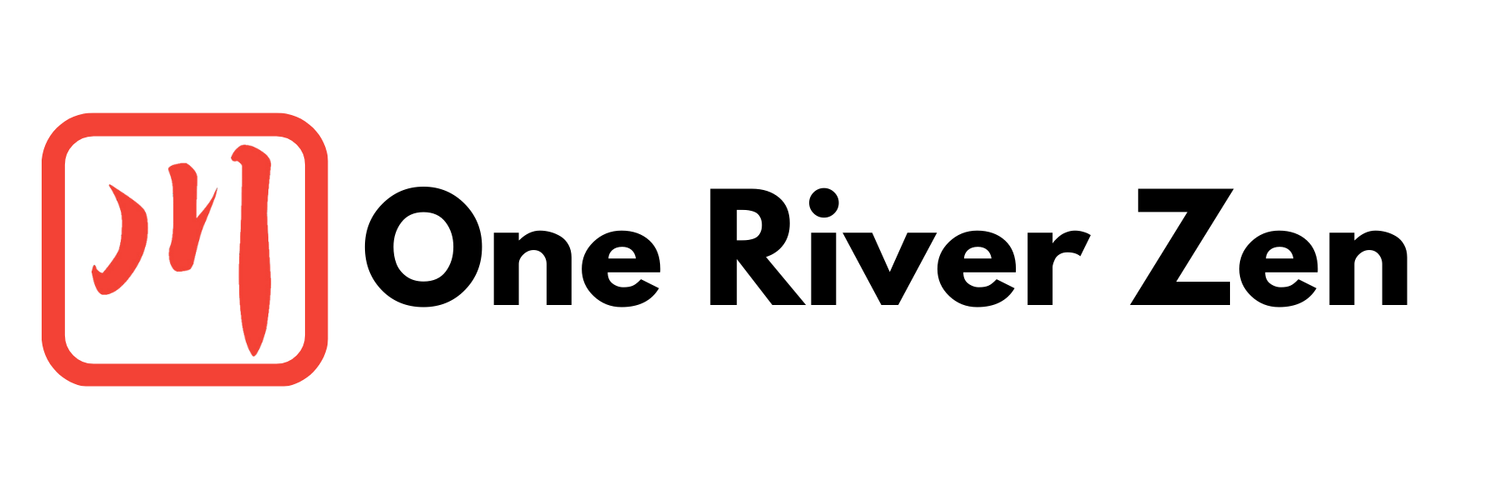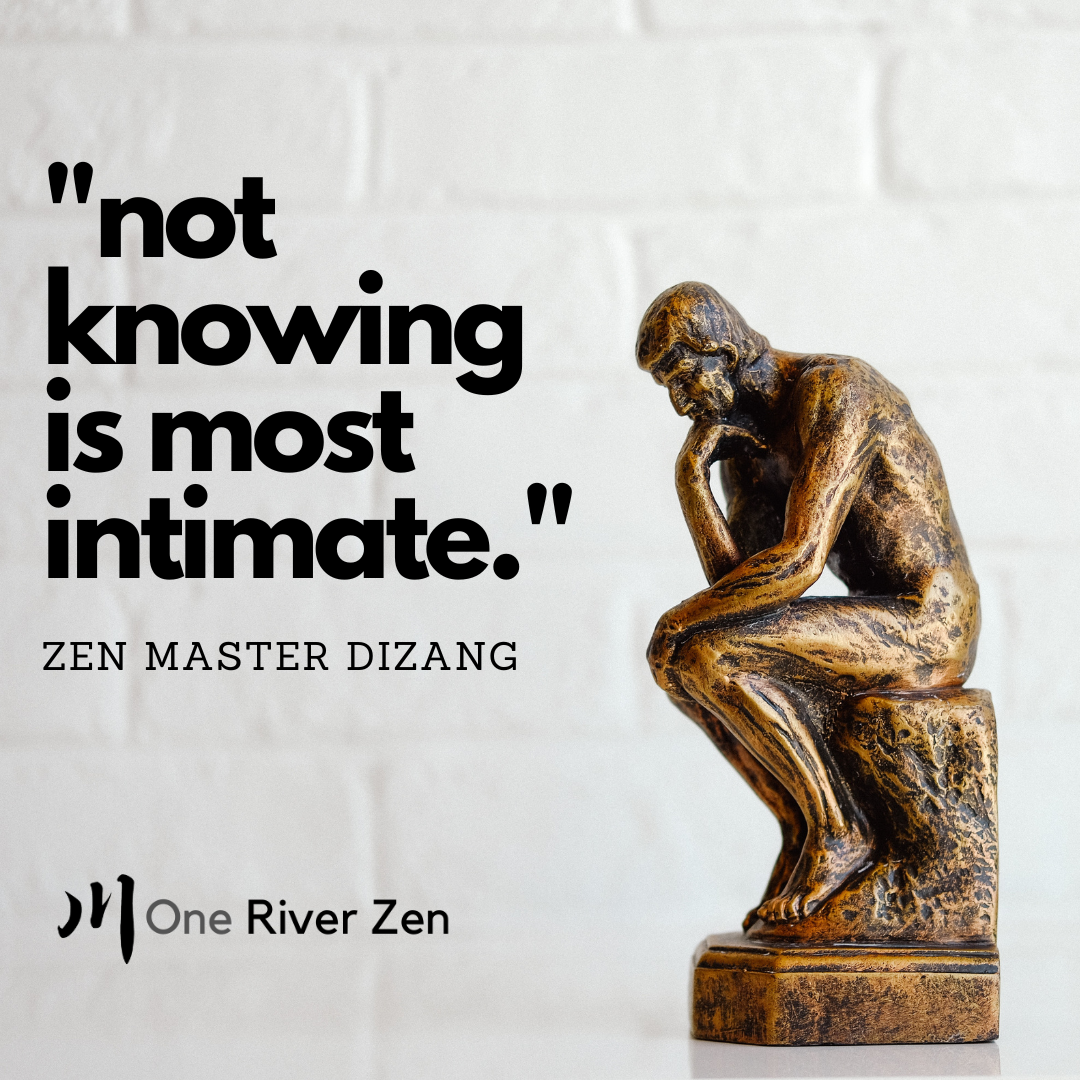Not Knowing is Most Intimate
Dizang’s Not Knowing
Book of Serenity, Case #20
Dizang asked Fayan, “Where are you going?” Fayan answered, “Around on pilgrimage.” Dizang then asked, “What is the purpose of pilgrimage?” Fayan replied, “I don’t know.” Dizang said, “Not knowing is most intimate.”
In this enigmatic encounter between Dizang and Fayan, we witness the essence of Zen distilled into its purest spirit. Dizang's question, "Where are you going?" is an invitation to a deeper inquiry into the purpose of our actions and the meaning we try to ascribe to life itself.
Fayan's response, "Around on pilgrimage," certainly reveals his commitment to a spiritual journey - perhaps a search for truth and enlightenment. But Dizang's next question penetrates even deeper, asking about the purpose of this pilgrimage. Fayan's candid reply, "I don't know," embodies the humility of a spiritual seeker willing to admit that ultimate understanding eludes our conceptual grasp.
Dizang's profound response: "Not knowing is most intimate," unveils the Zen paradox of small mind. Our karmic tendency is to seek knowledge, certainty, and answers. Yet, Dizang points to the intimacy that arises when we relinquish our fixation on knowing. When we let go of preconceived notions and intellectual certainties, we open ourselves to the direct experience of reality. This "not knowing" becomes a gateway to the boundless, where the mind finds rest in the vastness of the present moment.
Dizang's wisdom invites us to unclench our minds from the constant search for answers in the realms of the discursive mind. When we are present in a state of wonder, we find our true selves in the embrace of not knowing. It's an invitation to drop the burden of constant seeking and simply be. In the intimacy of "not knowing," we touch the essence of existence itself.
Looking beyond knowing, we encounter wisdom. In this wisdom is the medicine of compassion that this world so desperately needs. Manifest as this!

